With the final weeks of summer upon us, these children’s books are sure to keep your child’s interest in reading through to the first day of school and beyond. Our not-to-miss list includes books addressing cultural and linguistic diversity while including social experiences and events of daily life easy for kids to relate to. Featuring a diverse representation of characters and family structures, these books are sure to provide a basis for planned learning about other cultures and traditions children may encounter in their classrooms and communities at large.
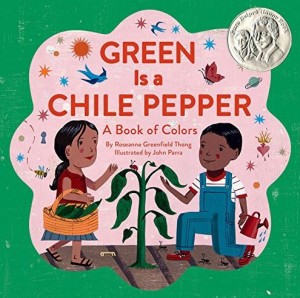 Green Is a Pepper: A Book of Colors
Green Is a Pepper: A Book of Colors
By Rosanne Greenfield Thong
In this lively picture book, children discover a world of colors all around them: red is spices and swirling skirts, yellow is masa, tortillas, and sweet corn cake. Many of the featured objects are Latino in origin, and all are universal in appeal. With rich, boisterous illustrations, a fun-to-read rhyming text, and an informative glossary, this playful concept book will reinforce the colors found in every child’s day!
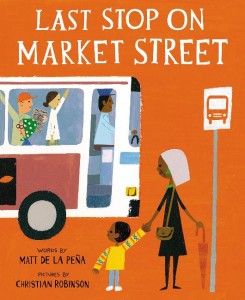 Last Stop on Market Street
Last Stop on Market Street
By Matt De La Peña
Every Sunday after church, CJ and his grandma ride the bus across town. But today, CJ wonders why they don’t own a car like his friend Colby. Why doesn’t he have an iPod like the boys on the bus? How come they always have to get off in the dirty part of town? Each question is met with an encouraging answer from grandma, who helps him see the beauty—and fun—in their routine and the world around them.
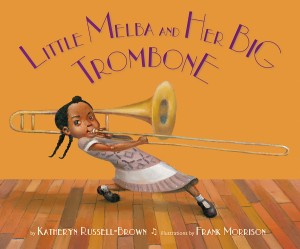 Little Melba and Her Big Trombone
Little Melba and Her Big Trombone
By Katheryn Russell-Brown
Melba loved the sounds of music from as far back as she could remember. At age seven, Melba fell in love with a big, shiny trombone, and soon taught herself to play the instrument. Melba’s extraordinary gift for music led her to the world of jazz. Overcoming obstacles of race and gender, Melba went on to become a famed trombone player and arranger, spinning rhythms, harmonies, and melodies into gorgeous songs for all the jazz greats of the twentieth century.
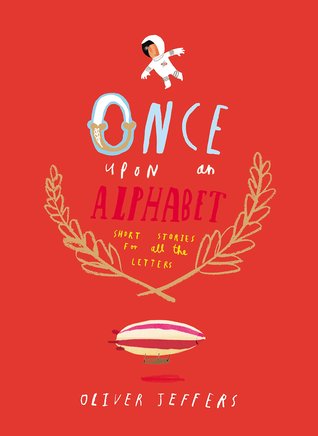 Once Upon an Alphabet
Once Upon an Alphabet
By Oliver Jeffers
If words make up the stories and letters make up the words, then stories are made up of letters. In this menagerie we have stories made of words, made FOR all the letters. From an Astronaut who’s afraid of heights, to a Bridge that ends up burned between friends, to a Cup stuck in a cupboard and longing for freedom, Once Upon an Alphabet is a creative tour de force from A through Z. Slyly funny in a way kids can’t resist, and gorgeously illustrated in a way readers of all ages will pour over, this series of interconnected stories and characters explores the alphabet in a way that will forever raise the bar.
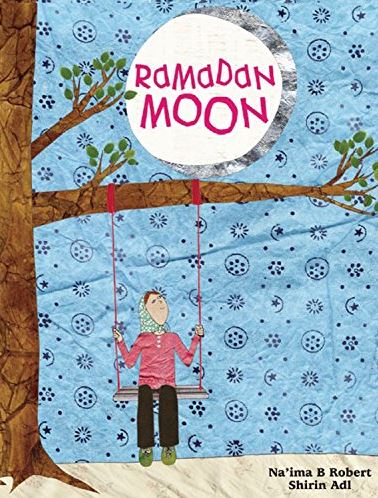 Ramadan Moon
Ramadan Moon
By Na’ima B. Robert
Ramadan, the month of fasting, Doesn’t begin all at once. It begins with a whisper. And a prayer. And a wish. Muslims all over the world celebrate Ramadan and the joyful days of Eid-ul-Fitr at the end of the month of fasting as the most special time of year. This lyrical and inspiring picture book captures the wonder and joy of this great annual event, from the perspective of a child. Accompanied by Iranian inspired illustrations, the story follows the waxing of the moon from the first new crescent to full moon and waning until Eid is heralded by the first sighting of the second new moon. Written and illustrated by Muslims, this is a book for all children who celebrate Ramadan and those in the wider communities who want to understand why this is such a special experience for Muslims.


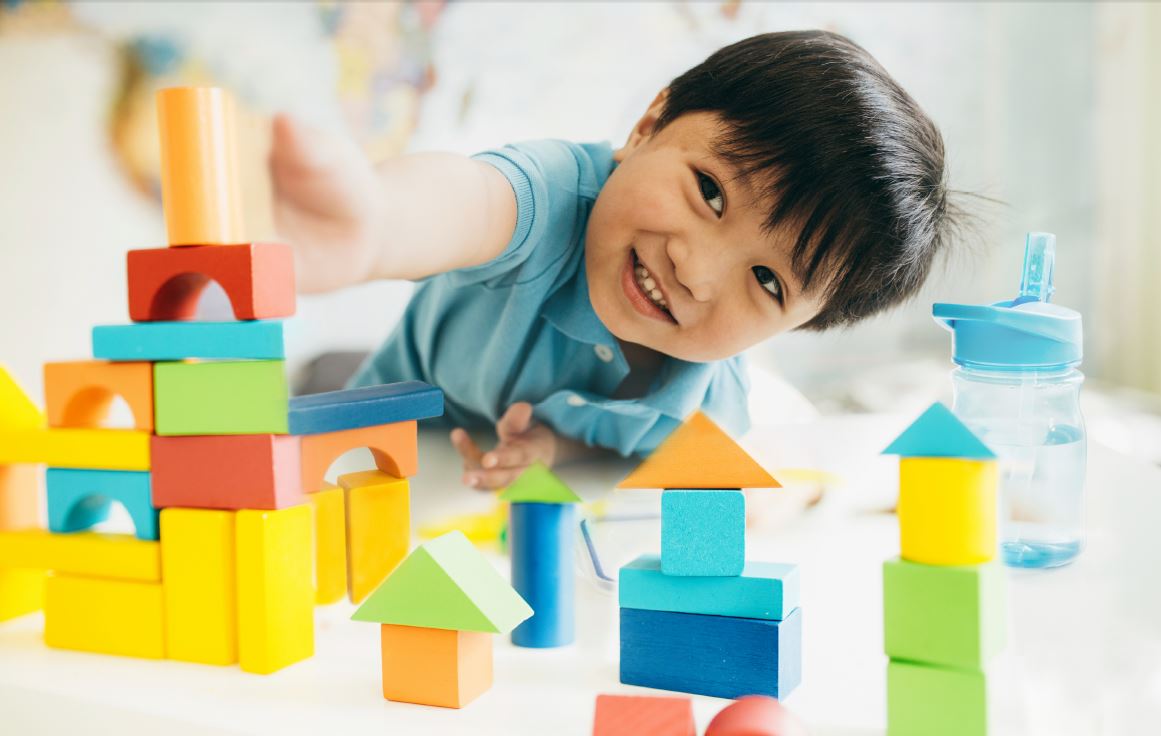
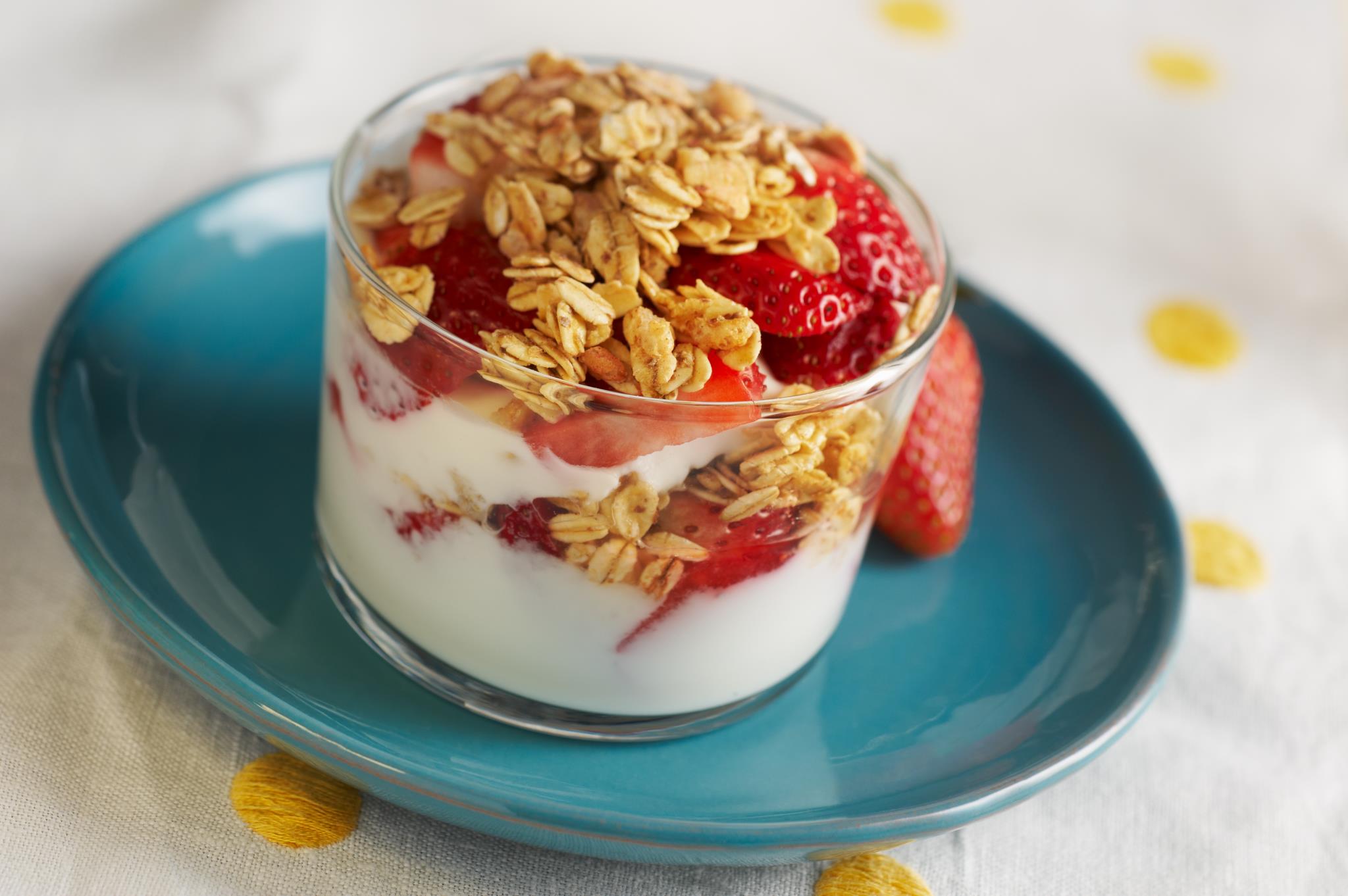
 Green Is a Pepper: A Book of Colors
Green Is a Pepper: A Book of Colors

 Once Upon an Alphabet
Once Upon an Alphabet Ramadan Moon
Ramadan Moon